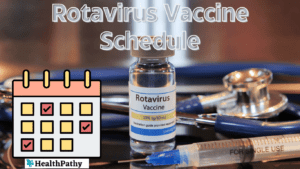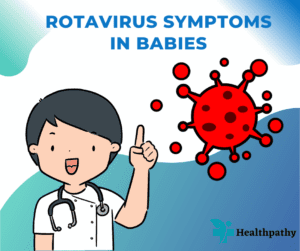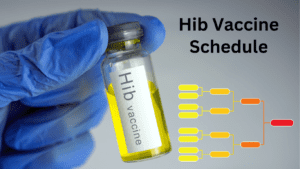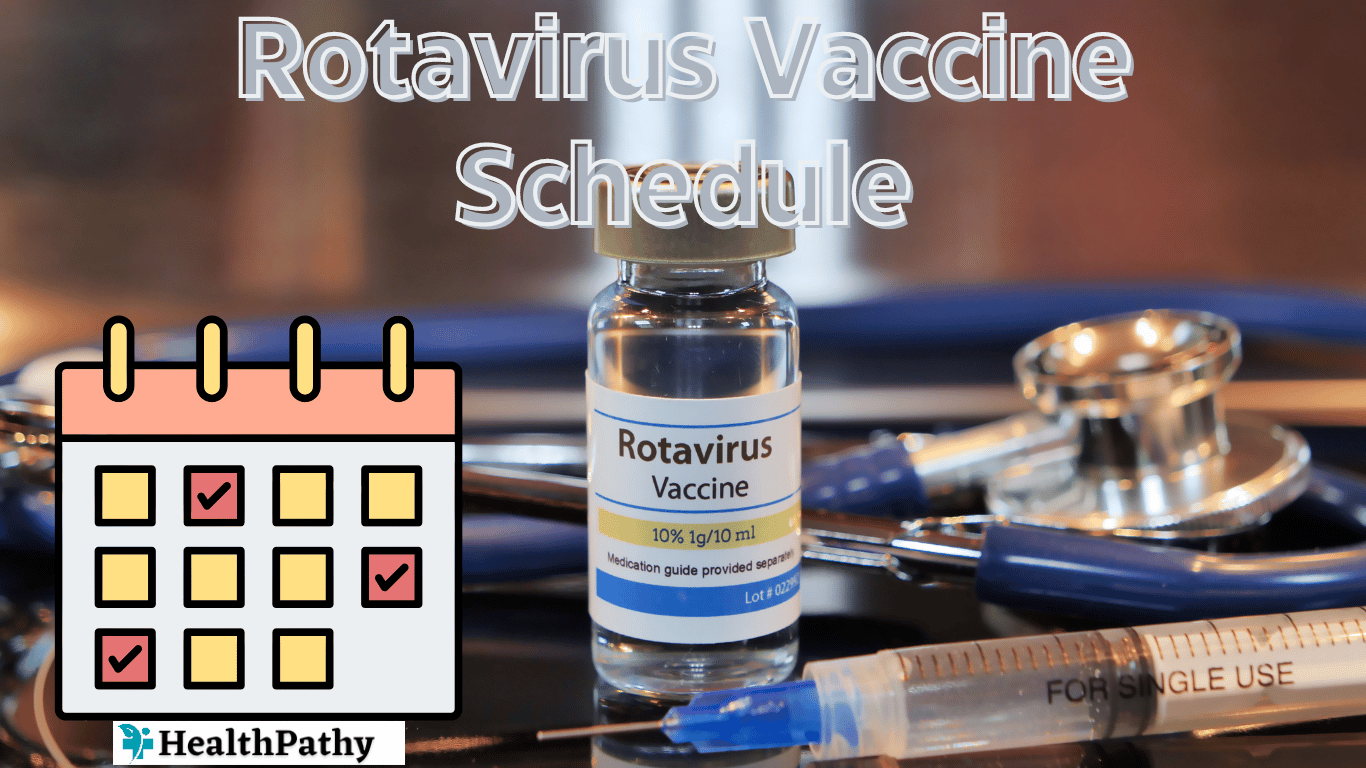
Rotavirus Vaccine Schedule
A rotavirus vaccine is an essential tool in protecting babies from rotavirus infection. It is a common cause of severe gastroenteritis in infants and young children. In this article, we will discuss the importance of the rotavirus vaccine, the recommended rotavirus vaccine schedule, and its safety.
Importance of Rotavirus Vaccine:
Rotavirus is a highly contagious virus that primarily affects infants and young children. It causes gastroenteritis with symptoms such as severe diarrhea, vomiting, fever, and dehydration. The infection can be particularly severe in babies, causing hospitalization and even death in some cases. Rotavirus is responsible for millions of cases of severe diarrhea and thousands of deaths in children worldwide each year.
The rotavirus vaccine provides significant protection against severe rotavirus-related illnesses. It helps reduce the burden of rotavirus infections among young children. By vaccinating babies against rotavirus, we can prevent many cases of severe diarrhea, hospitalizations, and associated complications.
How Does the Rotavirus Vaccine Work?
The rotavirus vaccine is an oral vaccine, meaning it is administered by mouth rather than through an injection. There are currently two types of rotavirus vaccines that are widely used:
Rotavirus RV1 (Rotarix):
This vaccine is a monovalent vaccine, meaning it protects against a single strain of rotavirus (G1P[8]). It is given in two doses, typically at 2 and 4 months of age, but can be given up to 8 months of age.
Rotavirus RV5 (RotaTeq):
This vaccine is a pentavalent vaccine, meaning it protects against five different strains of rotavirus (G1, G2, G3, G4, and P[8]). It is given in three doses, typically at 2, 4, and 6 months of age.
Both vaccines work by stimulating the baby’s immune system to produce protective antibodies against rotavirus. If the vaccinated baby comes into contact with the virus, the immune system recognizes it and mounts a quick and effective response, preventing severe illness.
Rotavirus Vaccine Schedule:
The rotavirus vaccine schedule is recommended as part of the routine childhood immunization schedule in many countries. The vaccination schedule may vary depending on the specific vaccine used and the country’s guidelines. However, in general, the recommended age for the first dose of rotavirus vaccine is between 6 to 15 weeks, and subsequent doses are given at specific intervals after the first dose.
For example-
For Rotarix (RV1):
First dose: Between 6 to 15 weeks of age
Second dose: At least 4 weeks after the first dose
The final dose (if needed): At least 8 weeks after the first dose, but before 8 months of age.
For RotaTeq (RV5):
First dose: Between 6 to 15 weeks of age
Second dose: At least 4 weeks after the first dose
Third dose: At least 4 weeks after the second dose, but before 8 months of age
It’s essential to follow the specific guidelines provided by your country’s health authorities or your child’s healthcare provider regarding the timing and administration of the rotavirus vaccine.
Safety of the Rotavirus Vaccine:
The rotavirus vaccine is generally safe and well-tolerated. Like all vaccines, it may cause mild side effects, such as mild irritability, mild fever, or temporary diarrhea. Severe allergic reactions to the rotavirus vaccine are very rare.
Parents and caregivers should discuss any concerns about the vaccine with their child’s healthcare provider. It’s important to note that the benefits of vaccination far outweigh the risks, as the vaccine significantly reduces the risk of severe rotavirus-related illnesses and their potential complications.
Conclusion:
The rotavirus vaccine is a crucial tool in protecting babies from severe rotavirus-related gastroenteritis. By vaccinating infants, we can prevent many cases of severe diarrhea, hospitalizations, and even deaths. Parents and caregivers should ensure that their babies receive the rotavirus vaccine as part of the routine childhood immunization schedule to provide them with the best possible protection against this common and potentially severe viral infection.
Read More:



Follow us:





